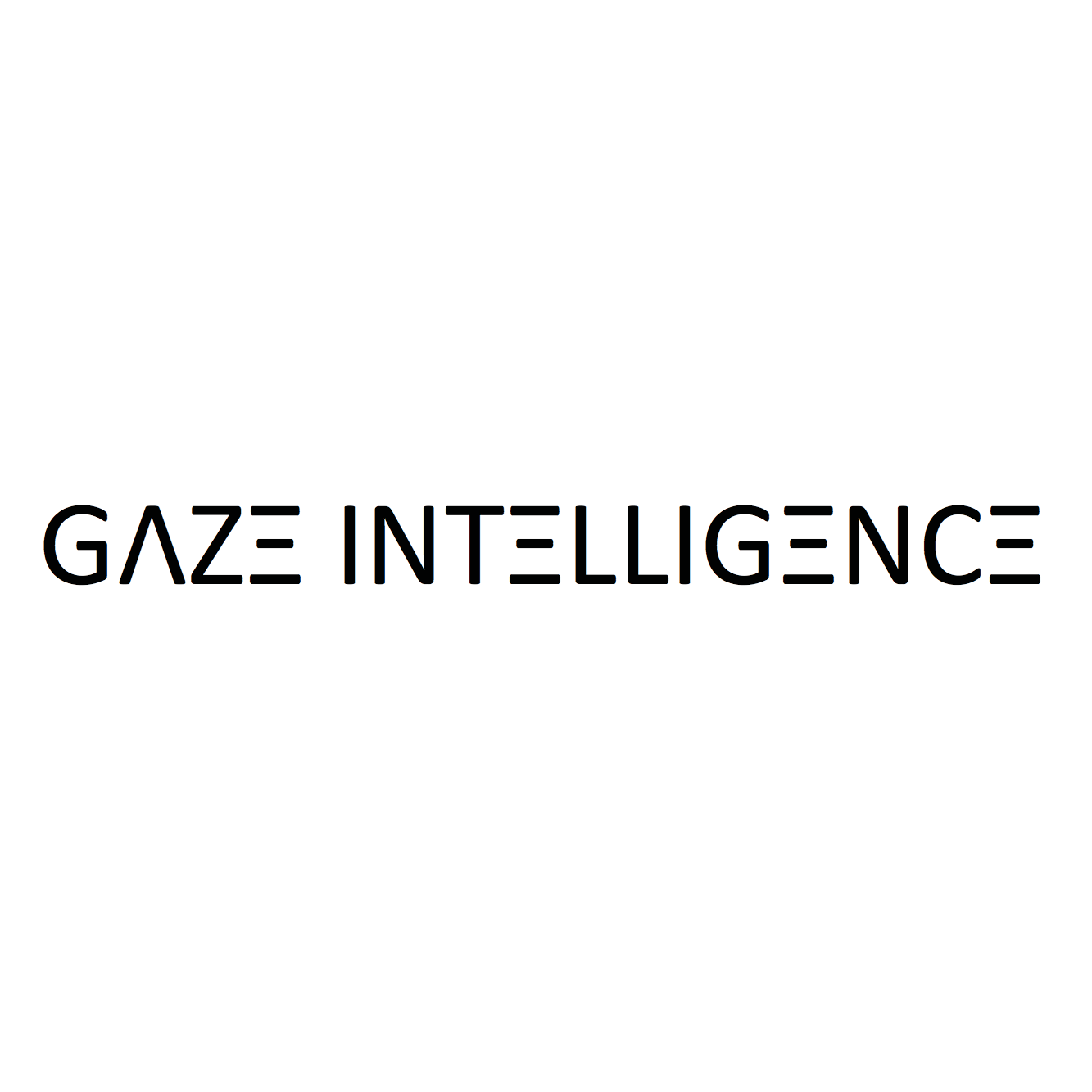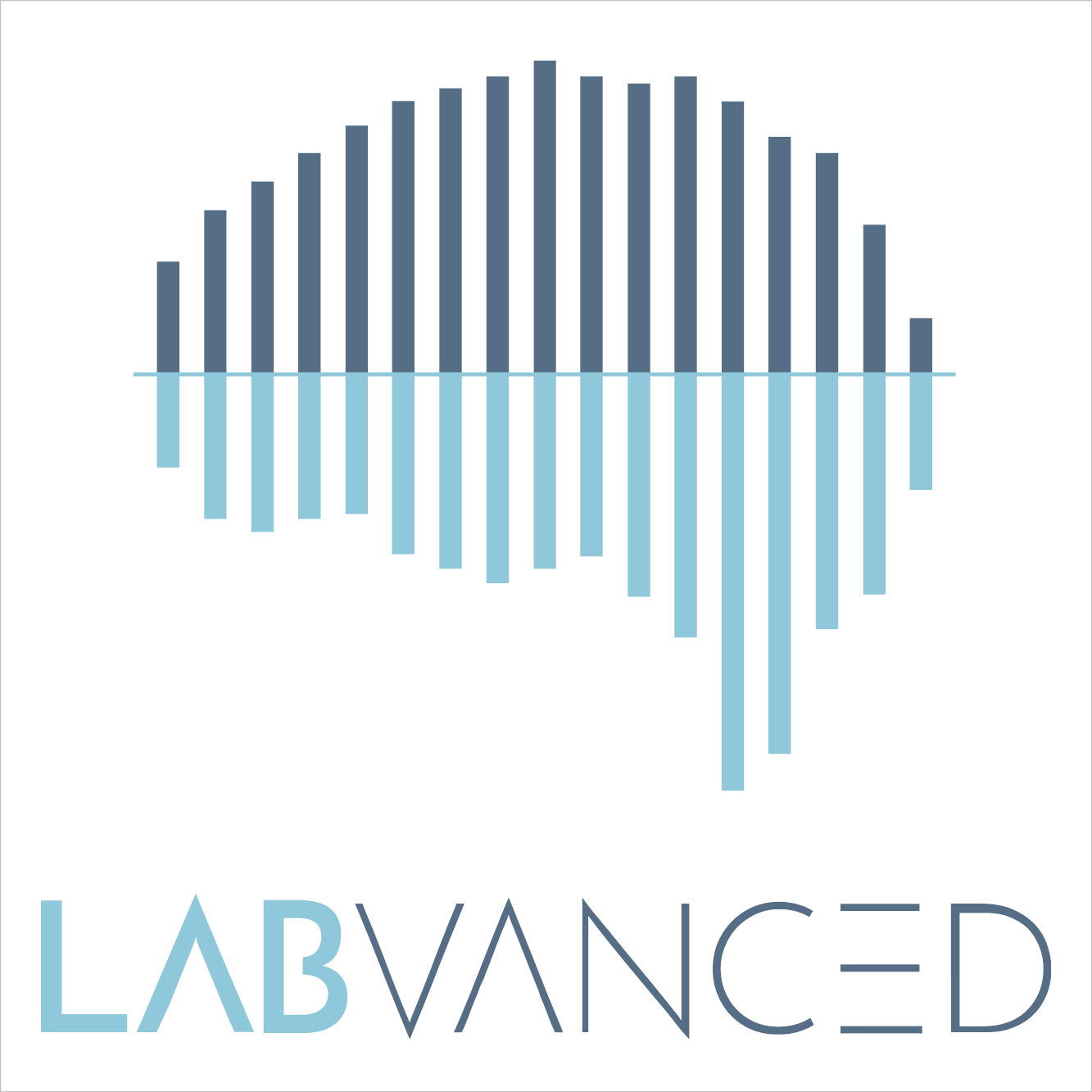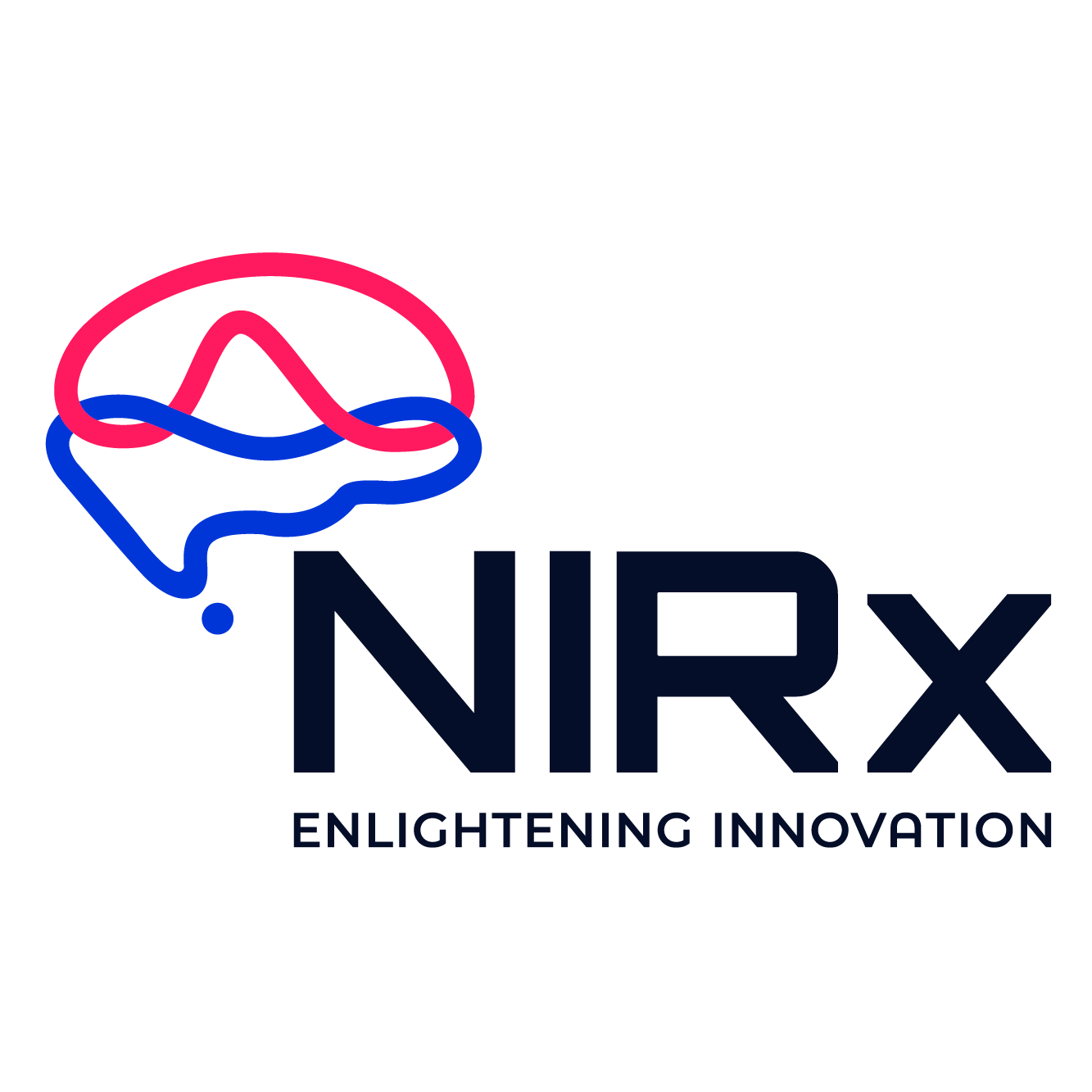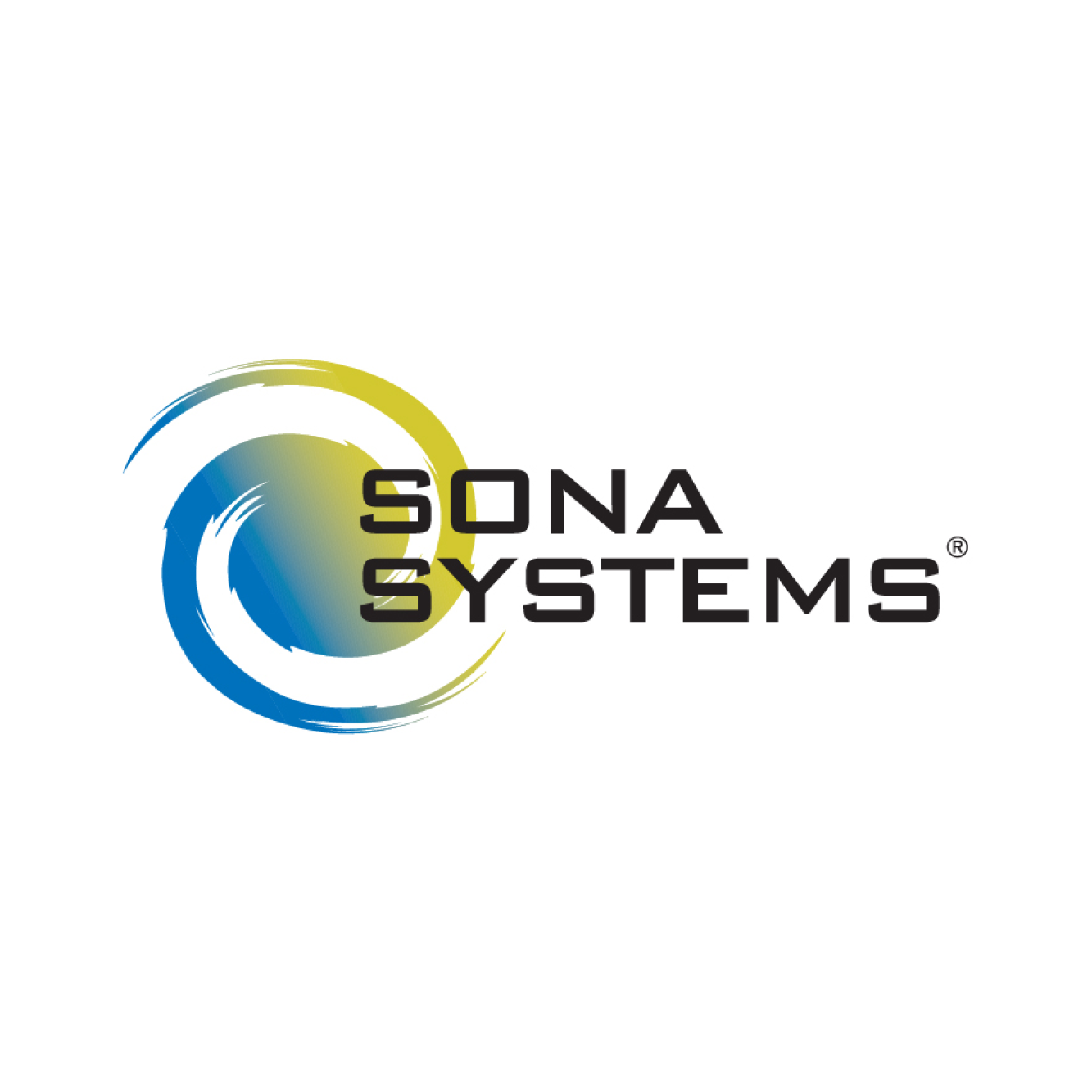modulated by various tactile inputs, during motion, and under different tasks. Dione Mariama will talk about how humans explore natural textures and how mechanoreceptive afferents transform physical inputs into the perception of touch. Luigi Tamè will present evidence that distortions in the perceived distances between tactile stimuli on the hand can also be observed in early somatosensory and motor areas. Focusing on natural object manipulation, Benoit Delhaye will then address how tactile interactions between fingertips and objects provide grasp stability. Alessandro Moscatelli will talk about everyday interactions between hand movements and touch, and how optimal integration
models can predict tactile illusions of motion. Finally, Ezgi Arikan will discuss the role of approach-avoidance goals on tactile sensitivity when moving towards and away from objects in a virtual reality environment.
Mechanisms underlying forward simulation in action understanding
Dr Francesco Iani – Universita Di Torino
During action observation, people represent the observed action unfolding in time and this representation speeds up the recognition of the next action states compared to the backward states. In this talk we will discuss the nature of this mental stimulation as well as the possible mechanisms underlying action anticipation. We hypothesize that there are at least two processes: (1) an action prediction mechanism, by which people simulate the next states of the observed action through a representation of the action unfolding in time; (2) a goal prediction mechanism, by which people infer the final goal of the observed action based on the physical properties of the object.
Cues to other's higher-order mental states inform action predictions
Dr Katrina McDonough – University of Aberdeen
How we perceive and interpret the actions of others depends not only on action observations, but also action predictions. Here we show that cues to other's higher-order mental states inform predictions of their upcoming behaviour and guide action perception.
Communication through teaching: How expert pianists and novice students interact
through sound
Atsuko Tominaga – Central European University
In my talk, I will discuss how expert pianists produce and adapt teaching signals through their performances and how novice students detect such cues by listening to teachers’ performances.
Others’ social contexts guide our predictions of their actions
Dr Shaheed Azaad – Postdoctoral Researcher, Central European University
Recent work on action prediction has shown that contextual, non-kinematic, cues can inform our predictions of others’ actions. In this series of experiments, we show that others’ social contexts similarly guide action prediction.
settings. Connecting to this, Biermeier & Scharlau investigate attention capacity in mixed-reality settings. Poth & Schneider disentangle the speed of location and object processing. Tünnermann et al. show how simulations of visual foraging depend on dynamically adjusting spatial attention, and Blurton et al. discuss improvements in modeling cognitive control. The second session focuses on recent applications of TVA in clinical contexts: Ruiz-Rizzo et al. present the relationship between visual processing speed and cognitive complaints in older adults. Kattlun et al. investigate the role of visual-short-term memory in cognitive deficits of patients who survived severe sepsis. Martin et
al. demonstrate how fatigue relates to visual processing speed and pupillary unrest in post-COVID patients. Srowig et al. close by showing how visual short-term memory is associated with neuropsychological performance in patients at a high-risk for dementia.
order judgments tasks), investigated samples (healthy participants; neurological patients) and age range (Kindergarteners, adults) but jointly address the idea of a spatial representation of numbers from different perspectives. The common underlying theoretical framework will facilitate the exchange on limiting conditions of the MNL metaphor by transgressing disciplinary boundaries. This will help developing alternative theoretical frameworks by highlighting alternative mechanisms such as transient organizational principles in working memory, task-specific spatial response codes, or culturally mediated factors such as counting habits.
How can we understand ourselves as sentient creatures? And what are the principles that underwrite sentient behaviour? This presentation uses the free energy principle to furnish an account in terms of active inference. First, we will try to understand sentience from the point of view of physics; in particular, the properties that self-organising systems—that distinguish themselves from their lived world—must possess. We then rehearse the same story from the point of view of a neurobiologist, trying to understand functional brain architectures. The narrative starts with a heuristic proof (and simulations of a primordial soup) suggesting that life—or biological self-organization—is an inevitable and emergent property of any dynamical system that possesses a Markov blanket. This conclusion is based on the following arguments: if a system can be differentiated from its external milieu, then its internal and external states must be conditionally independent. These independencies induce a Markov blanket that separates internal and external states. Crucially, this equips internal states with an information geometry, pertaining to probabilistic beliefs about something; namely external states. This free energy is the same quantity that is optimized in Bayesian inference and machine learning (where it is known as an evidence lower bound). In short, internal states will appear to infer—and act on—their world to preserve their integrity. This leads to a Bayesian mechanics, which can be neatly summarised as self-evidencing. In the second half of the talk, we will unpack these ideas using simulations of Bayesian belief updating in the brain and relate them to predictive processing and sentient behaviour.g. In the second half of the talk, we will unpack these ideas using simulations of Bayesian belief updating in the brain and relate them to predictive processing and sentient behaviour.
The Leibniz Institute for Psychology (ZPID) is the supra-regional research support facility for psychology in German-speaking countries. It supports the entire scientific work process, from literature research and study planning to data collection and analyses to documentation, archiving, and publication of results. We invite participants of the TeaP 2023 to join us for lunch, and healthy lunchboxes will be provided. Feel free to come meet the ZPID Staff and learn more about our ideas on open science. Take this opportunity to check out ZPID’s free-of-charge services. Brown bag lunches will be provided on a first come, first serve basis.
- Scientific Quality
- Originality
- Clarity
- Self-explanatory
- Poster Design
behavioural consequences. Our contributors draw on a wide array of experimental paradigms, including false feedback manipulation, trauma film exposure, comparison orientation interventions, comparison sample manipulation, and a novel paradigm displaying the (mis)fortunes of others. They report effects of social comparisons on a variety of outcomes, including on self-and other-judgments, positive and negative affect, envy and schadenfreude, prosocial behaviour, cognitive orientation, goal-directed action and psychological distress. Together, our research on comparison processes addresses questions from the areas of social psychology, sports psychology, neuroscience
and psychopathology, for which we will consider translational implications.
settings. Connecting to this, Biermeier & Scharlau investigate attention capacity in mixed-reality settings. Poth & Schneider disentangle the speed of location and object processing. Tünnermann et al. show how simulations of visual foraging depend on dynamically adjusting spatial attention, and Blurton et al. discuss improvements in modeling cognitive control. The second session focuses on recent applications of TVA in clinical contexts: Ruiz-Rizzo et al. present the relationship between visual processing speed and cognitive complaints in older adults. Kattlun et al. investigate the role of visual-short-term memory in cognitive deficits of patients who survived severe sepsis. Martin et
al. demonstrate how fatigue relates to visual processing speed and pupillary unrest in post-COVID patients. Srowig et al. close by showing how visual short-term memory is associated with neuropsychological performance in patients at a high-risk for dementia.
Demo PreReg: Preregistration in Psychology (Room B21)
Instructor: Lisa Spitzer, Leibniz Institute for Psychology (ZPID)Website: https://prereg-psych.org/
Preregistering studies is an effective open science technique because it documents which (analytical) decisions were made prior to knowing the data. However, preregistration involves additional effort. ZPID, the Leibniz Institute for Psychology, fosters open science practices in psychology and related disciplines by providing researchers with tools and services at each stage of the scientific process. The Pre-Registration in Psychology platform (https://prereg-psych.org) provides information on preregistration, templates for creating your own preregistration, and the possibility to easily submit and publish to a repository. The platform is introduced in this demonstration.Requirements: Bring a laptop, if you want to click along but just watching is fine.
Demo DataWiz: Research Data Documentation in Psychology Made Easy (Room B22)
Instructor: Katarina Blask, Leibniz Institute for Psychology (ZPID)Website: https://datawiz2.dev.zpid.de/
In recent years, it became obvious that Open Science practices, like sharing research data in a (re)usable way means additional effort. In particular, the quality-assured and sustainable provision of research data requires at least a minimum of data documentation. For optimal (re)use, typically three levels of data documentation or metadata are needed: (1) The basic resource description for collection management and resource discovery (Dublin Core); (2) the study-level documentation for research context and methods; and (3) the data-level documentation (codebooks or data dictionaries).In order to facilitate the laborious task of data documentation in psychology, a web-based tool - named DataWiz - was developed. The primary goal of the development project funded by the German Research Foundation was to lower the hurdle to do data documentation and to make it an integral part of common research practices in psychology. This demo aims to introduce the documentation module of DataWiz, which allows researchers to create a research data object containing the data and metadata in a non-proprietary format that can be uploaded to research data repositories.
Requirements: Bring a laptop, if you want to click along but just watching is fine.Demo emoTouch Web: A Web-Based System for Continuous Response Studies and Audience Feedback in Live-, Lab- and Online Settings (Room A8)
Instructors: Christoph Louven, Carolin Scholle, Fabian Gehrs, Osnabrück University, GermanyWebsite: https://www.emoTouch.de
emoTouch Web is a new web-based system for designing, conducting, and evaluating continuous response real-time studies. It is based on web and network technologies and turns any modern smartphone, tablet, laptop and desktop computer into a flexible and reliable research and audience feedback tool in laboratory, online, and live settings.The interface of emoTouch studies is completely configurable and may contain an unlimited number of interface elements like one-dimensional sliders, 2D rating areas, category scales, checkboxes, buttons, images and text elements. Any audio or video files can also be integrated and will play from the participant's devices. The interface will dynamically adapt to the various screen sizes and ratios.
Once a study is designed and started, it can be accessed just by scanning the study's QR Code. Subjects can even participate with the smartphones they carry in their pockets anyway ('Bring-Your-Own-Device', BYOD). This easily enables e.g. audience studies and feedback situations with hundreds of participants at the same time.
For the evaluation of the collected real-time data, emoTouch also contains coordinated tools for the graphical and numerical display and analysis of the data in longitudinal and cross-section.
emoTouch Web can be useful in all disciplines that deal with time-bound phenomena, such as music, theatre, dance, film, commercials, lectures, speeches or sport events. The system was developed at the musicology department of Osnabrück University (Germany) and is available free of charge for scientific purposes at https://www.emotouch.de.
The demonstration shows the possibilities of the system as well as the flow of a typical research process with emoTouch Web.
Requirements: For an active participation in a demo study, you will need a reliable wifi connection, a smartphone, tablet, or laptop. To actively try the system's researcher interface, you will need a laptop.Demo PsychNotebook: Create, share, and export your code projects / teach coding (Room A6)
Instructor: Lars Braun, Leibniz Institute for Psychology (ZPID)Website: https://www.psychnotebook.org/
PsychNotebook is a platform that offers statistical software such as RStudio and JupyterLab in an online environment. It is a tool to promote open science, in particular transparent and reproducible analyses, with a focus on teaching and collaboration.PsychNotebook supports teaching (and learning) code-based analyses by removing the hassle of installing or setting up software. In PsychNotebook you can create projects that contain scripts, data, instructions and more. You can share your projects with your students (copy access) or your collaborators (edit access) so that recipients work with exactly the same files in exactly the same software environment. Problems caused by working on different versions or in different directories are thus eliminated. Likewise projects can be easily archived and then imported again, resulting in the same scripts running in the same software environment as before. In this demonstration, I will introduce the features of PsychNotebook described above.
Requirements: None, maybe laptop, if you want to click along.Demo PsychArchives: The disciplinary Repository for Psychological Science (Room A7)
Instructors: Yi-Hsiu Chen & Lea Gerhards, Leibniz Institute for Psychology (ZPID)Website: https://psycharchives.org/
This demo will introduce PsychArchives, the disciplinary repository for psychological science. Recent years have seen the gradual but sustained growth in practices collectively known as ‘Open Science’. Part of this ongoing cultural change, which is well underway in Psychology, has been a growing advocacy for transparency and access to research output from across the entire research cycle. PsychArchives, which is maintained by the Leibniz Institute for Psychology (ZPID), provides the necessary sustainable infrastructure to achieve these goals. In PsychArchives, a variety of digital research objects, including articles, preprints, research data, code, supplements, preregistrations and tests, are safely stored and made accessible for the long term.Requirements: None.
Carina G. Giesen & Christina Pfeuffer (Jungmitgliedersprecherinnen der Fachgruppe Allgemeine Psychologie)
Bei der Frage, ob man eine Karriere in der Wissenschaft und eine Professur anstreben möchte, zögern Nachwuchswissenschaftler*innen mit kleinen Kindern oder Kinderwunsch häufig. Denn neben vielen anderen Gründen für die Entscheidung gegen eine wissenschaftliche Karriere wird oft die Vereinbarkeit des Familienlebens mit einer
wissenschaftlichen Karriere als besondere Hürde wahrgenommen. Dies führt dazu, dass auch viele begabte Nachwuchswissenschaftler*innen mit guten Aussichten und Interesse an einer Laufbahn in der Wissenschaft sich gegen eine wissenschaftliche Laufbahn entscheiden. Wir möchten uns daher diesem Thema widmen und Bedenken zur
Vereinbarkeit von Familie und wissenschaftlicher Laufbahn aufgreifen. Wie kann ich eine Karriere in der Wissenschaft mit meinem Familienleben/ Kinderwunsch vereinbaren? Wie ist es möglich, mich um meine Laufbahn zu kümmern, wenn ich Kinder habe? In der Paneldiskussion werden individuelle Wege, Herausforderungen und Strategien zur
Vereinbarkeit von wissenschaftlicher Laufbahn und Familienleben aufgezeigt. Hierfür berichten Prof. Dr. Anne Gast (Universität Köln, Mutter von zwei Kindern), Jun.-Prof. Dr. Sarah Lukas (PH Weingarten, Mutter von drei Kindern) und Jun.-Prof Dr. David Dignath (Universität Tübingen, Vater von zwei Kindern) von ihren Erfahrungen zur Vereinbarkeit von Familie und Wissenschaft auf unterschiedlichen Karrierestufen und freuen sich auf den Austausch mit interessierten Nachwuchswissenschaftler*innen.
Panelisten: Anne Gast, David Dignath, Sarah Lukas
If you have ordered a ticket for the Conference Dinner (March 28, 19:00-24:00), your Conference Badge shows two wineglasses on the back. This is your admission ticket. Please show it at the entrance.




